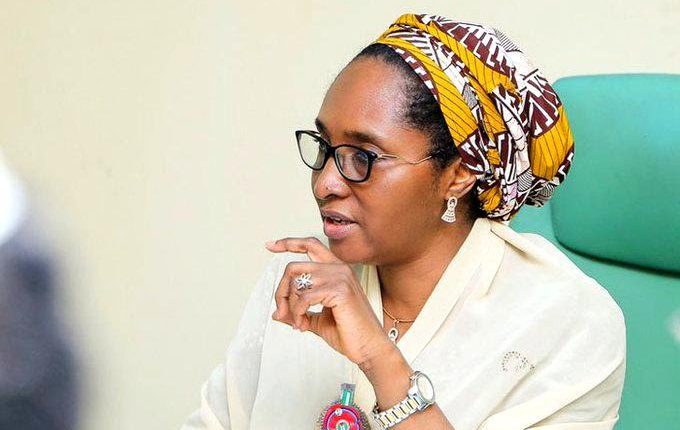Once again the proposed legislation to include more excise duty on the telecommunications services in Nigeria has resurfaced in the 2022 Finance Bill which the National Assembly is currently considering. If passed into law, Nigerians who already suffer high cost of data and slow internet speed, would have to pay more for calls, and other telecommunications services in 2023.
Why it matters
The proposed 5 percent tax on the telecom sector is an economic burden for telecom stakeholders who are overburdened with paying about 41 different taxes and Nigerians telecom subscribers who would bear the brunt of the proposed legislation.
In case you missed it
The Minister of Finance Budget and National Planning, Zainab Ahmed, in August, announced a 5% excise duty on telecom operators in Nigeria. This is not inclusive of the 2% excise duty to the Nigeria Communication Commission (NCC), 7.5% Value Added Tax (VAT) and other 39 taxes.
- The federal government also announced a projected revenue of at least N150 billion from the 5% duty. However President Buhari made a U-turn on the initiative following appeals from Nigeria’s Minister of Communications and Digital Economy, Isa Pantami and other industry stakeholders.
- In June, the federal government had announced excise duty on sweetened drinks, tobacco, alcohol, narcotics, gambling to discourage usage and consumption.
Get Smart
According to the National Bureau of Statistics (NBS), Nigeria’s inflation rate rose from 21.09 percent in October to 21.47% in November; representing a 10th consecutive monthly increase since the start of the year. By this, the inflation rate in Nigeria, Africa’s largest economy, has now risen to its highest level since September 2005 when it hit 24.32 percent.
As a result businesses in the country are conducting their affairs with no silver bullet in sight as they continue to face inflationary pressures resulting from currency devaluation, increased fuel, diesel and energy costs and food inflation due to insecurity.
Telecom operators and data companies running their own ICT infrastructure are also facing the challenge of high costs of business at a time when analysts are rating digital transformation as a critical key to rescue the country’s economic productivity. As with the telecommunication sector, providers are passing the cost pressures to subscribers and customers.
